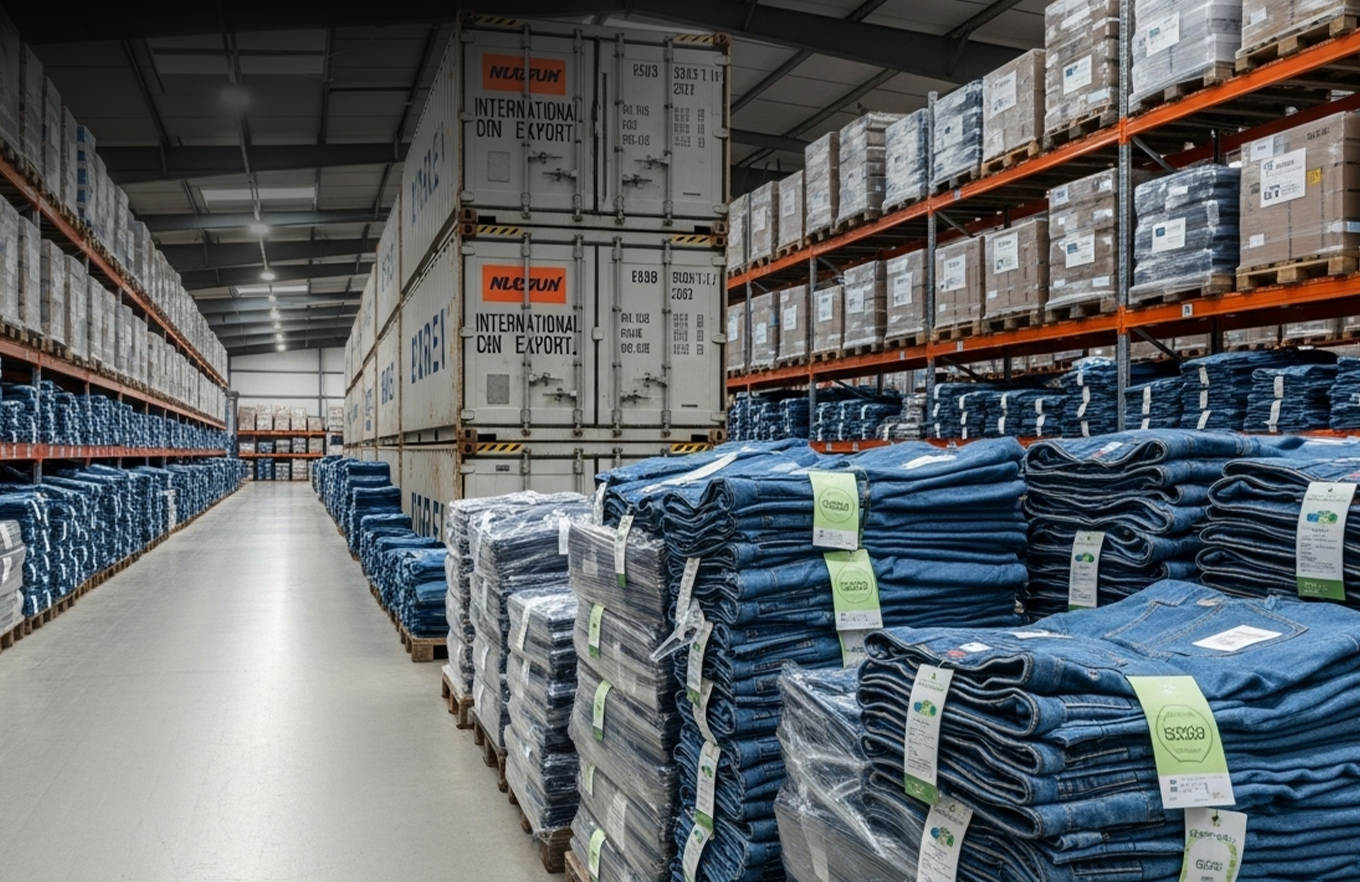September 24, 2025
The world of fashion is shifting, and Pakistan has found its place in the spotlight. With rising awareness around eco-friendly fashion, sustainable apparel is not a fashion trend; it is a requirement. Globally, consumers are demanding responsible clothing that balances style with environmental ethics, and Pakistan’s textile industry is stepping up. The first stitch of sustainable apparel begins long before it enters your wardrobe. It starts with raw material selection, cleaner production methods, and socially responsible practices. By the time it reaches fashion-conscious buyers, the journey of sustainable apparel reflects innovation, resilience, and responsibility, values that Pakistan is gradually embedding within its textile production systems.
Sustainability in fashion begins with how raw materials are cultivated and processed. Cotton, a staple of the textile sector, has often been linked to resource-intensive farming methods. However, modern shifts in agriculture and textile processing are changing that narrative. Pakistan’s textile industry is now experimenting with organic cotton, recycled polyester, and natural fibers that minimize environmental impact. The textile manufacturer in Pakistan, working with sustainability in mind, ensures water-saving dye processes and non-toxic chemicals to keep ecosystems safe.
Samad Group, for example, has incorporated green production practices to align with the global demand for sustainable apparel. Their work highlights how manufacturers in Pakistan are combining traditional expertise with innovative techniques to reduce waste, save resources, and keep fashion earth-friendly.
The production phase is where sustainable apparel truly takes shape. Manufacturers have begun rethinking their supply chains, minimizing carbon footprints, and adapting machinery for energy efficiency. Waste from cutting and stitching is often recycled, giving rise to new fabric blends. Instead of relying solely on virgin resources, sustainability-oriented factories are reusing what would otherwise end up as textile waste.
Labor welfare is also a key consideration. The sustainable apparel industry is not just about eco-conscious materials but also about fair wages, safe environments, and dignified working conditions. Samad Group emphasizes this dual approach, ensuring that both people and the planet benefit from responsible apparel production.

Sustainable apparel from Pakistan is no longer restricted to domestic markets. International buyers are recognizing the country as a hub for ethically produced textiles. Brands across Europe, North America, and Asia are sourcing from Pakistan’s textile manufacturers because of their ability to provide transparency and traceability.
This journey from local production to global wardrobes is proof that Pakistan’s textile ecosystem is adapting to future demands. Certifications such as GOTS (Global Organic Textile Standard) and OEKO-TEX are increasingly common, and they act as a seal of trust for buyers seeking sustainable apparel solutions.
One of the main forces behind sustainable apparel is consumer behavior. Modern buyers are vocal, informed, and committed to reducing their fashion footprint. They want to know where their clothes come from, how they are made, and what impact they have. This shift in mindset is pushing textile manufacturers in Pakistan to adapt quickly.
Samad Group has responded to this demand by adopting advanced technologies, ensuring supply chain visibility, and marketing transparency as part of its sustainable apparel offerings. When consumers wear a piece of sustainable clothing, they are not just making a fashion choice; they are making a conscious lifestyle decision.
The future of sustainable apparel lies in technology. Pakistani manufacturers are investing in waterless dyeing techniques, renewable energy for factories, and AI-driven production planning that reduces waste. Smart textiles, biodegradable fabrics, and closed-loop recycling systems are gaining momentum in Pakistan’s production facilities.
Such innovations ensure that sustainable apparel is not limited to aesthetics but also has a technological backbone that supports scalability and long-term growth. As Samad Group and others continue to integrate these technologies, Pakistan’s position as a key sustainable textile producer is set to strengthen.
Despite progress, challenges remain. The cost of eco-friendly materials and energy-efficient machinery is high, and not every textile manufacturer in Pakistan can invest in them immediately. Additionally, raising awareness among small- and medium-sized producers is an ongoing effort.
Yet, the commitment of larger brands and industry leaders is creating a ripple effect. By mentoring smaller suppliers and sharing knowledge, they are collectively paving the way for a more sustainable apparel ecosystem. Samad Group, for instance, works with smaller partners to encourage eco-conscious practices across the value chain.

The true success of sustainable apparel lies in its adoption by the end user. Fashion-conscious consumers who once prioritized fast fashion are now seeking durability, versatility, and environmental responsibility in their purchases. When a piece of clothing makes its way from a factory floor in Pakistan to a wardrobe across the globe, it carries with it a story of transformation.
That story is one of resilience, responsibility, and evolution, a journey shaped by textile manufacturers, global buyers, and eco-aware consumers. It represents not just the future of fashion but also a shared responsibility towards the planet.
The journey of sustainable apparel in Pakistan is both inspiring and challenging. From sourcing organic fibers to integrating advanced technologies, textile manufacturers are reshaping the narrative of fashion. With industry leaders like Samad Group driving this transformation, sustainable apparel from Pakistanis finding recognition in global markets. The future of fashion is undoubtedly green, and Pakistan is contributing meaningfully to this shift.
Looking for reliable partners in sustainable apparel production? Connect with us today to explore eco-conscious solutions tailored to your fashion needs.
Sustainable apparel is produced using eco-friendly materials and processes, focusing on reducing environmental impact and ensuring ethical labor practices.
Pakistan’s strong textile base, combined with innovations by leading textile manufacturers in Pakistan, positions it as a reliable supplier for sustainable apparel globally.
Samad Group emphasizes eco-friendly fabrics, advanced production methods, and fair labor practices, ensuring that their sustainable apparel aligns with global ethical standards.